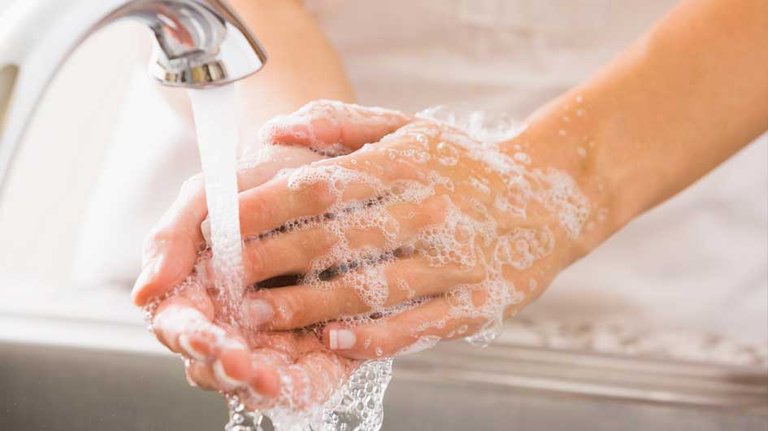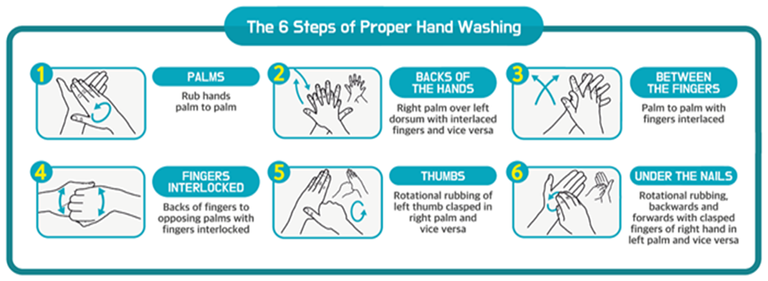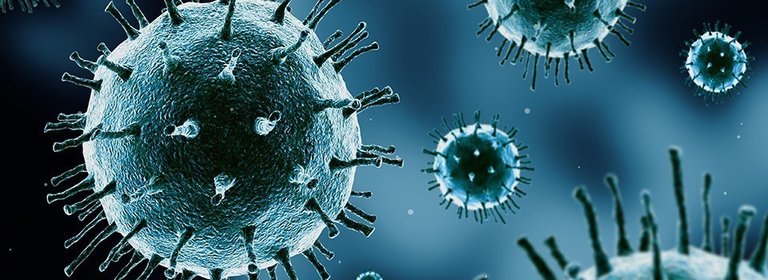
As we know, we live in tropical area, there are a lot of germs, include bacteria, virus, fungus, and parasit. That’s why our sanitation must be mantained. As an aphorism ‘Healthy Cleanse Base’.
health care associeted infection (HCAI) are the most adeverse during care caredeliverry and are the global problem for patien savety. The prevention and management of the risk of HCAI is an eesential part of maintaining patiens savety and foundamental in any health care setting.
one of the small things that very easy to do to maintain our health and can do anywhere is to get used to wash hands cleanly.
What is routine/social hand wash?
Hand washing, also known as hand hygiene, is the act of cleaning hands for the purpose of removing soil, dirt, and microorganisms. Hand washing is like a "do-it-yourself" vaccine—it involves five simple and effective steps (Wet, Lather, Scrub, Rinse, Dry) you can take to reduce the spread of diarrheal and respiratory illness so you can stay healthy. Regular handwashing, particularly before and after certain activities, is one of the best ways to remove germs, avoid getting sick, and prevent the spread of germs to others. It's quick, it's simple, and it can keep us all from getting sick. Handwashing is a win for everyone, except the germs.
Why should a routine/social hand wash be performed?
The transfer of organism with between humans can occure directly via hands, or indirectly via an environmental source e.g toys or sinks. Its universally acknowledged that the hands are the principal route by wich crosstrip infection occure and that the hand hygiene is the single most important factor
in the control of infection. Therefore, WHO initiated the methods how to wash hands properly and directly can be applied by anyone. Parents and children/young people should be taught that impotance of good hand hygiene in the home environment as well as in hospital.

How Should a routine/social hygiene be performed ?
- Rub your hands together, palm to palm.
- Rub the back of each hand with the palm of the oppos hand (i.e the back of the left hand with the right palm and the back of the right hand with the left palm.
- Again rub palm to palm but this time interlace the fingers of each hand. This will result in the fingers from each hand being between the fingers of the other hand.
- Rub the backs of your fingers using opposing palms with your fingers locked.
- Rub around each thumb with the palm of the opposing palm.
- Finally rub the palm of each hand with the fingers of the opposing hand.
When should a routine/social hand wash be performed ?
• Before, during, and after preparing food
• Before eating food
• Before and after caring for someone who is sick
• Before and after treating a cut or wound
• After using the toilet
• After changing diapers or cleaning up a child who has used the toilet
• After blowing your nose, coughing, or sneezing
• After touching an animal, animal feed, or animal waste
• After handling pet food or pet treats
• After touching garbage
A routine/social hand wash is performed to remove transient microorganisms and to render the hands socially clean. Contact with others throughout the day, touching contaminated surfaces, even caressing animals can cause various germs to accumulate in the hand. Then by touching your eyes, nose, and mouth, you can infect yourself. It happens when you do not wash your hands often enough. Touching another person, door handles, or other surfaces can spread germs to others.
Conclusion
The process of moving germs can take place quickly from person to person, or indeed from contaminated objects. If it has entered the inside of the body, there is a possibility they will disrupt the immune system. This will usually make you sick for the reaction of infection in the body by bacteria, germs or viruses.

Keeping hands clean through improved hand hygiene is one of the most important steps we can take to avoid getting sick and spreading germs to others. Many diseases and conditions are spread by not washing hands with soap and clean, running water.
After knowing the importance of washing hands, hopefully we all can apply the habitual of washing hands properly and correctly.